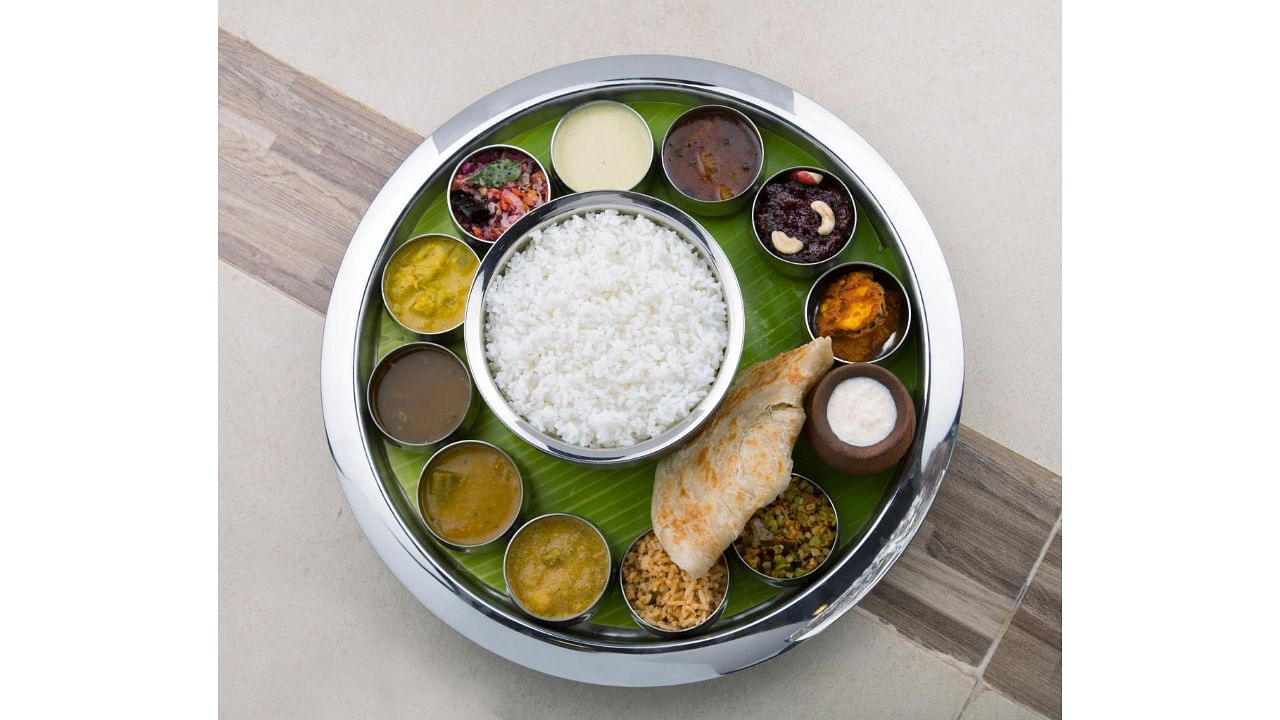
Every second, the counter ticks, and several hundred more animals lose their lives. The Animal Kill Clock serves as an eerie reminder of the lives and possibilities that are lost with every moment that passes. All around the world, animals are dying in order to feed people. The numbers are staggering, with over 55 billion animals being killed every year in the United States alone, according to the clock.
If you notice, the tendency to consume non-vegetarian food has gone up considerably in the new millennium. Even those who used to be vegetarians have resorted to eating non-vegetarian food. Though there are vegans, they often make a fetish of their idiosyncrasies. My point is different and balanced: Why should we kill animals for our palate? This is outright unfair, nay, unethical. But before that, it's imperative to note how vegetarianism can contribute to balancing the declining global ecosystem.
Global warming poses one of the most serious threats to the global environment ever faced in human history. Yet by focusing entirely on carbon emissions, major environmental organisations have failed to account for published data showing that other gases are the main culprits behind the global warming we see today.
As a result, they are overlooking the fact that the single most important step an individual can take to reduce global warming (faster than any other means) is to adopt a vegetarian diet. In its 2006 report, the United Nations said raising animals for food generates more greenhouse gases than all the cars and trucks in the world combined. Second, changing one's diet can reduce greenhouse gas emissions much faster than switching away from carbon-emitting fossil-fuel technologies.
The turnover rate for most ruminant farm animals is one or two years, which means that decreases in meat consumption would result in an almost immediate drop in methane emissions. The turnover rate for cars and power plants, on the other hand, can be decades. Even if cheap, zero-emission fuel sources were available today, it would take many years to build them and slowly replace the massive infrastructure our economy depends upon today. It must be mentioned that farmed animals produce about 130 times as much excrement as the entire human population of the United States.
Medically and physiologically speaking, we don't have carnivorous teeth. Humans have short, soft fingernails and small, dull canine teeth. All true carnivores have sharp claws and large canine teeth that are capable of tearing flesh without the help of knives and forks. Now, ethically speaking, do we have the moral right to kill animals to satiate our taste buds? Don't the piercing cries and screams of animals in abattoirs move us? The collective moral compass of humanity is certainly disturbed by the consumption of animal flesh. It's worthwhile to mention that many Sufis like Rabia Basri, Jami, and Attar were vegetarians.
Nature has provided us with a variety of natural resources. We must avail ourselves of them instead of eating meat and killing innocent animals. Think about it from ecological as well as ethical perspectives, and become a vegetarian.